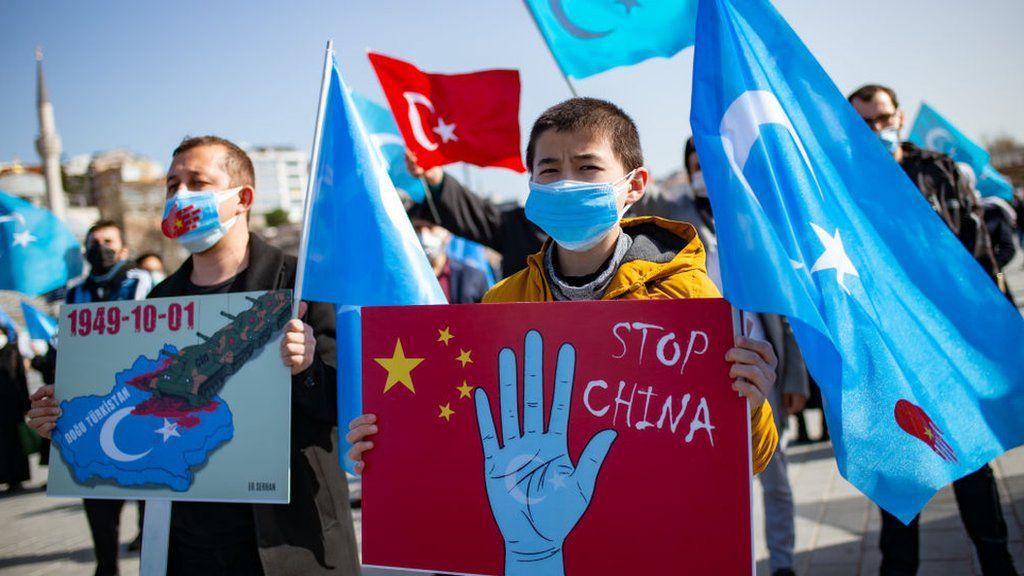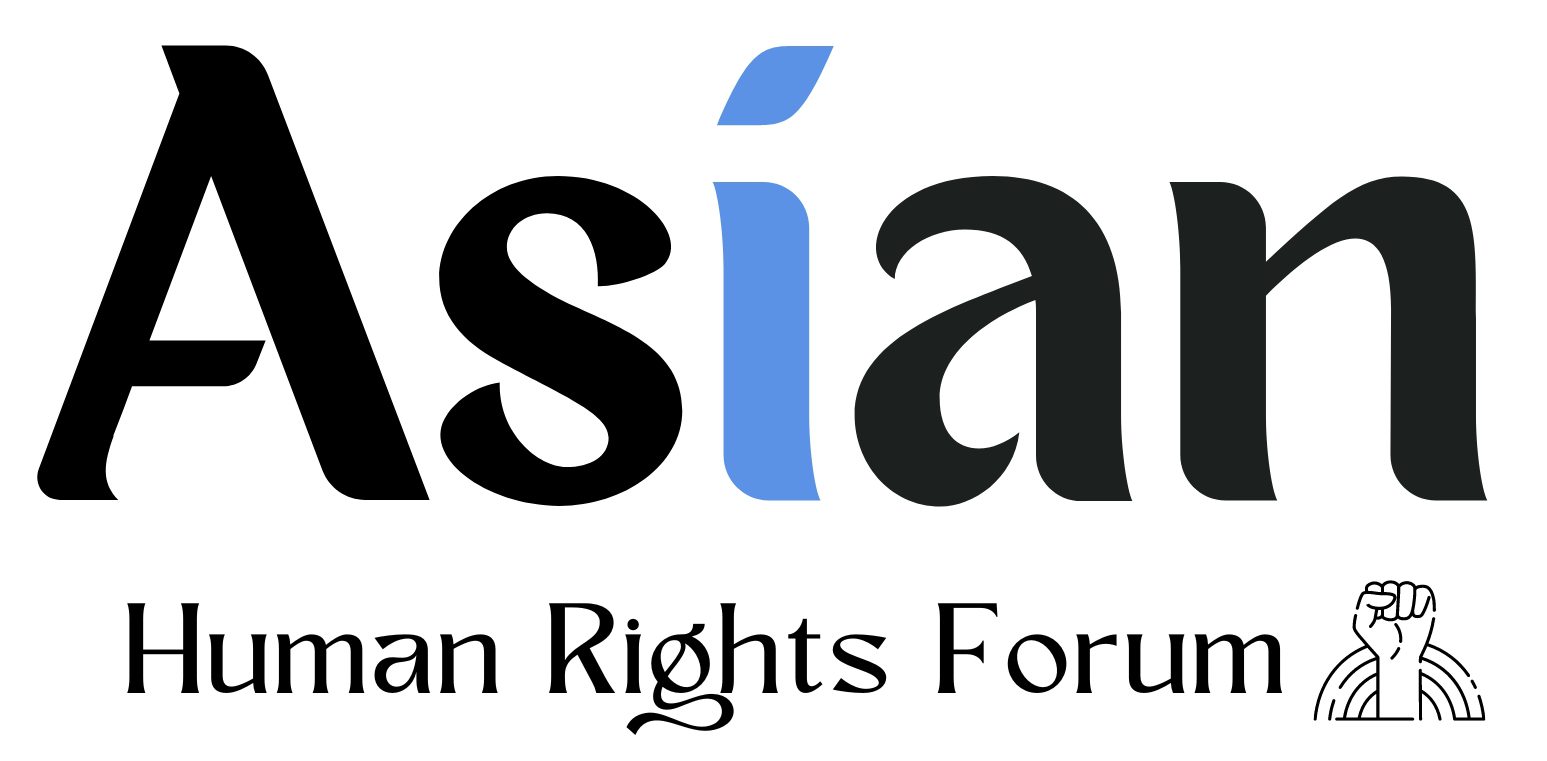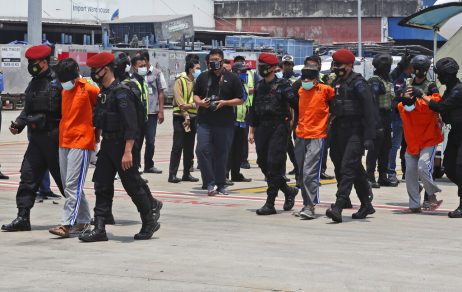
Human Rights in China
The dictatorial Communist Party of China has worst record of Human Rights.
Civil & Political rights:
The situation of civil and political rights in China has been a topic of concern and criticism for many years. The Chinese government is known for its strict control over freedom of speech, press, and assembly, as well as its suppression of political dissent and human rights activism.
The Chinese Communist Party (CCP) controls all aspects of government and media, and has been known to imprison and silence those who criticize the party or express dissenting opinions. The Chinese government also censors the internet and media, and uses surveillance technology to monitor the activities of its citizens.
Some of the specific human rights issues in China include the treatment of ethnic minorities such as the Uyghurs in Xinjiang, suppression of religious freedom, and restrictions on the freedom of movement and expression of Tibetans. There have also been concerns about the treatment of political dissidents, including journalists, lawyers, and activists, who have been arrested, tortured, and imprisoned for their beliefs.
Many human rights organizations continue to criticize China for its lack of transparency, its refusal to allow independent investigations, and its overall record on civil and political rights.

Religious & Ethnic minorites:
The situation of religious minorities in China is complex and varies depending on the particular religious group in question.
The Chinese government officially recognizes five religions: Buddhism, Taoism, Islam, Catholicism, and Protestantism. However, religious minorities in China, including adherents of Falun Gong, Tibetan Buddhists, Uyghur Muslims, and Christians who do not belong to state-approved churches, have faced persecution and restrictions on their religious freedom.
The Chinese government has been particularly harsh on the Uyghur Muslim minority in Xinjiang, where it has been accused of detaining over a million Uyghurs and other Muslim minorities in so-called “re-education” camps. There have been reports of forced labor, forced sterilization, and other human rights abuses. In addition, Tibetan Buddhists have faced restrictions on their religious practices and have been subjected to surveillance and repression.
Christians who do not belong to state-approved churches have also faced persecution, with reports of church closures, arrests of pastors, and harassment of churchgoers. Falun Gong, a spiritual movement that was banned in China in 1999, has also faced repression, with members being subjected to arrest, detention, and forced “re-education.”
Overall, religious minorities in China continue to face challenges to their religious freedom, and the situation remains a cause for concern among human rights organizations and religious rights organisations.
Ethnic minorities in China, such as the Uyghurs, Tibetans, Mongolians, and others, have faced various challenges and human rights violations over the years.
The Uyghur Muslim minority in Xinjiang, in particular, has faced intense persecution from the Chinese government. There are reports of cultural and religious repression, such as the banning of the Uyghur language and traditional dress.
Tibetans have also faced repression, with restrictions on their religious practices and cultural expressions. The Chinese government has been accused of detaining and torturing political prisoners, as well as suppressing political dissent.
Mongolians have faced challenges to their traditional way of life, with the Chinese government promoting a policy of assimilation and encouraging the use of Mandarin Chinese over Mongolian in education and other areas.
Overall, ethnic minorities in China continue to face various forms of discrimination, repression, and human rights violations. The Chinese government’s policies towards ethnic minorities have been a subject of international concern.
Imperialist policies:
China has been critical of Western imperialism in the past, there are some who argue that China is engaging in its own form of imperialism in the present day. Here are some examples of policies that are sometimes cited as evidence of Chinese imperialism:
1. Belt and Road Initiative (BRI): The BRI is a massive infrastructure and investment project that involves building roads, railways, ports, and other facilities in countries across Asia, Europe, and Africa. BRI is a way for China to extend its influence and gain access to strategic resources in other countries.
2. Territorial disputes: China has been involved in a number of territorial disputes in recent years, including conflicts over the South China Sea and the India-China border. China has been using its economic and military power to bully its neighbors and assert its dominance in the region.
3. Debt diplomacy: China has been accused of engaging in “debt trap diplomacy,” in which it lends money to developing countries like Pakistan, Sri Lanka and many more on strict conditions. Many are not be able to repay and thus become bankrupt. This can result in China gaining leverage over these countries and being able to influence their policies.
4. Intellectual property theft: China engages in a form of intellectual property theft by stealing technology and other information from foreign companies, which can give Chinese firms an unfair advantage in the global economy.
China’s actions are simply part of its efforts to develop its economy and extend its influence in the world. Nonetheless, these policies have been the subject of considerable debate and controversy.





